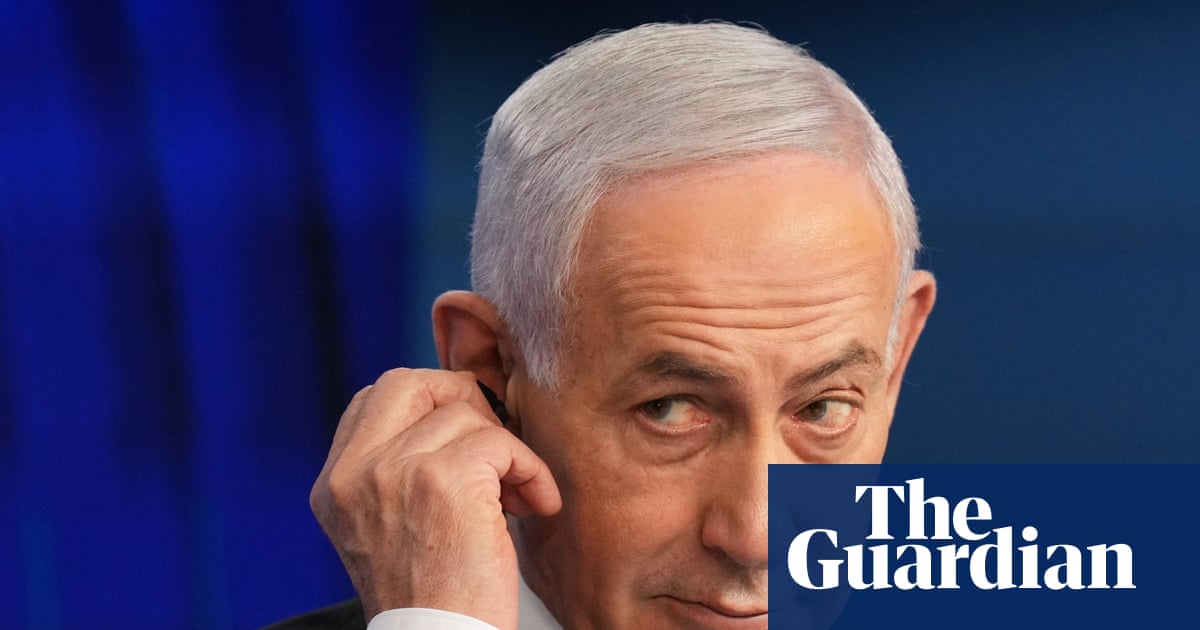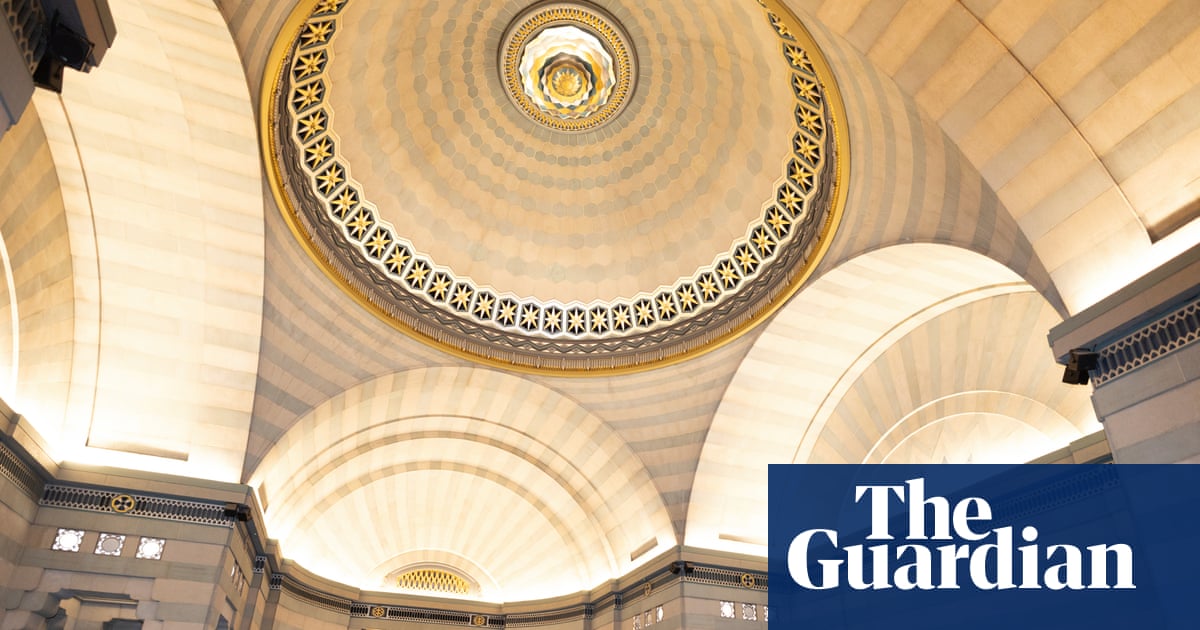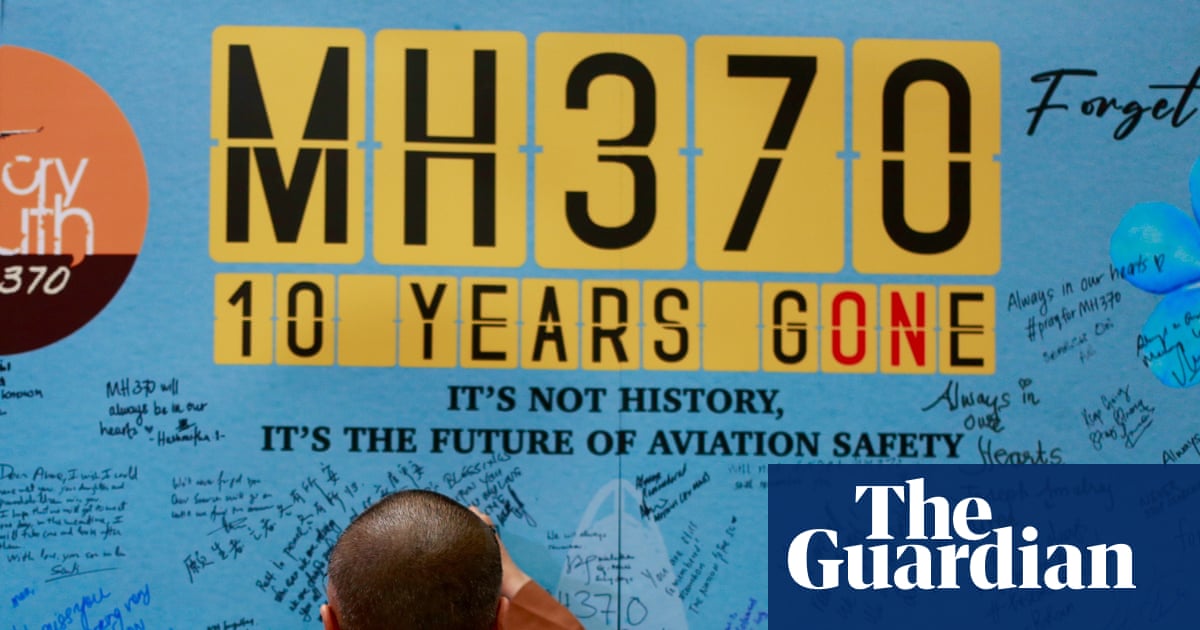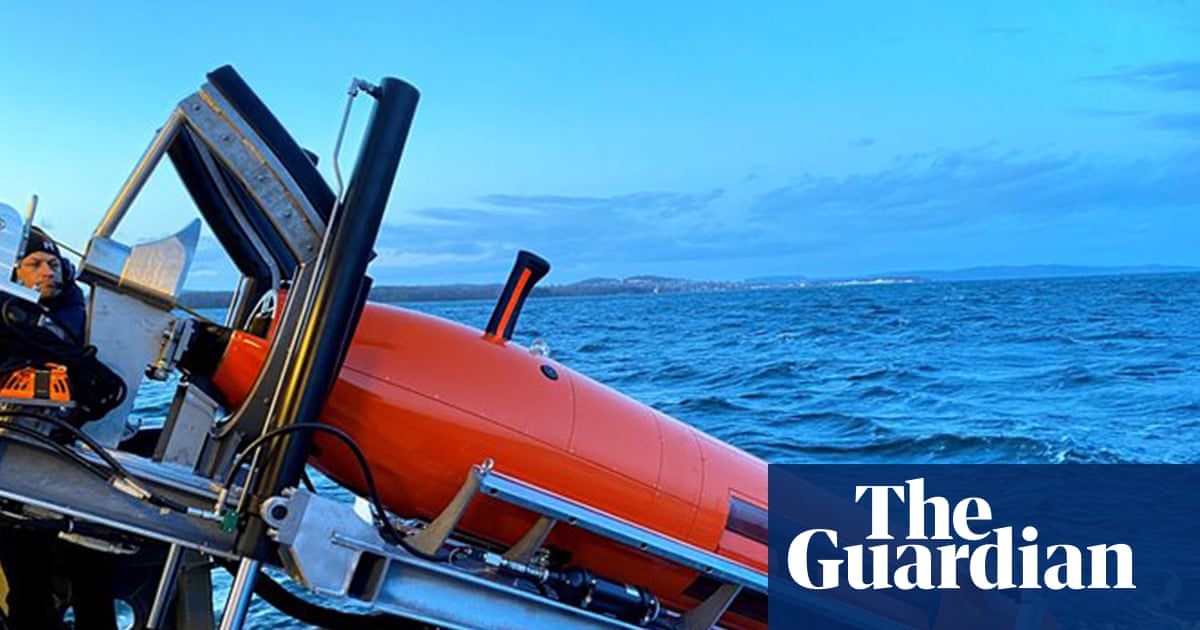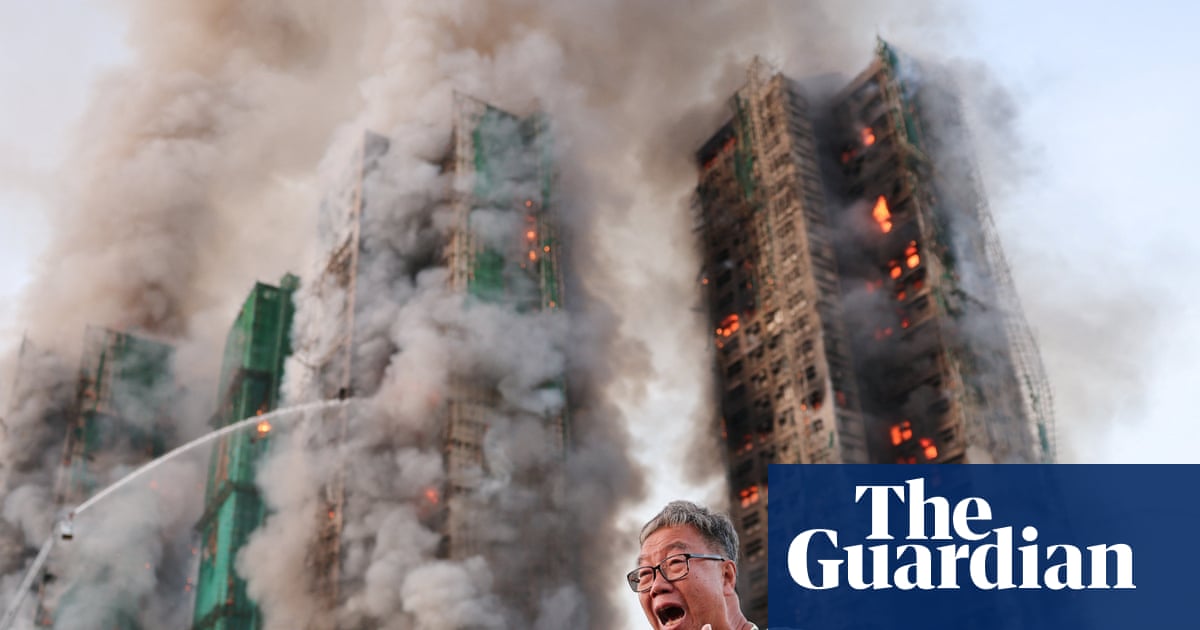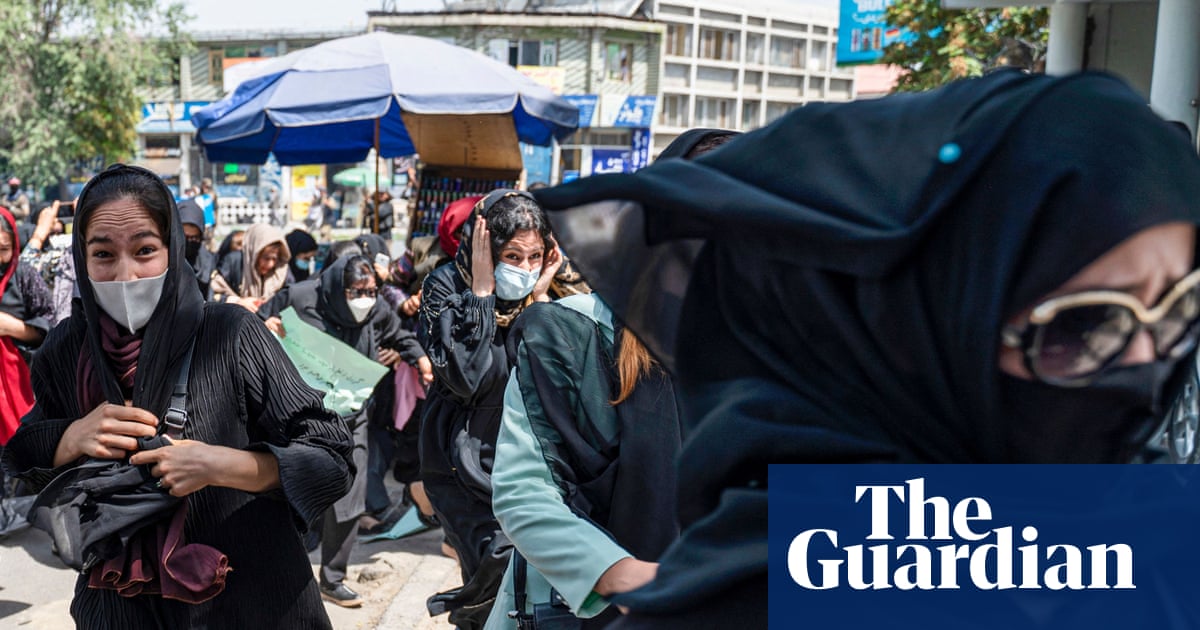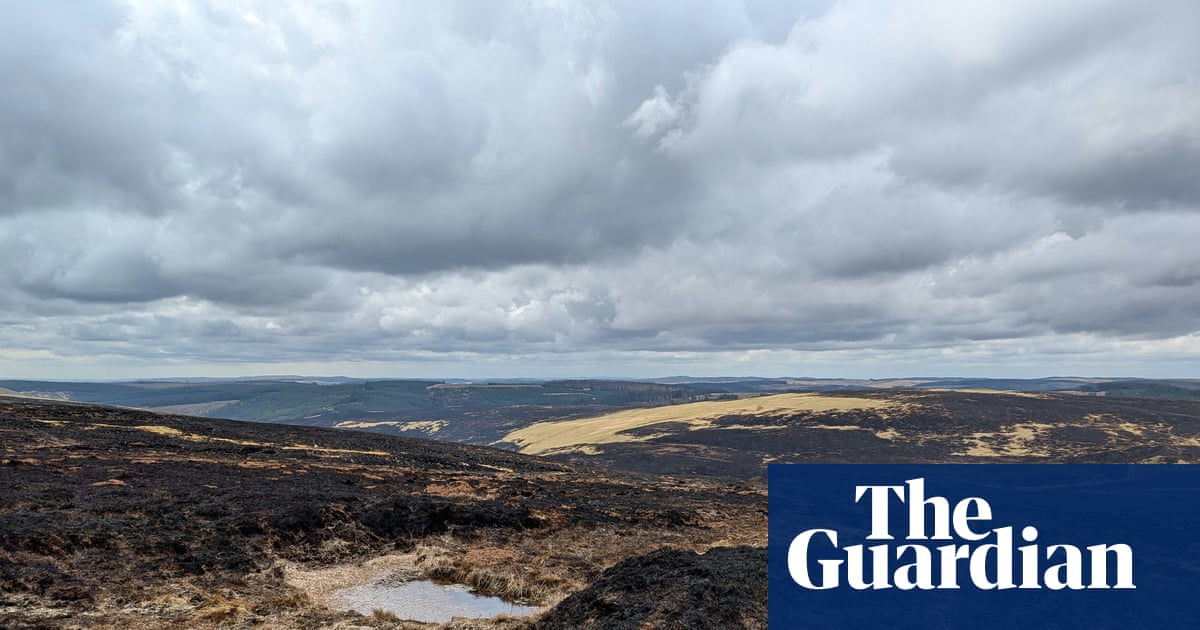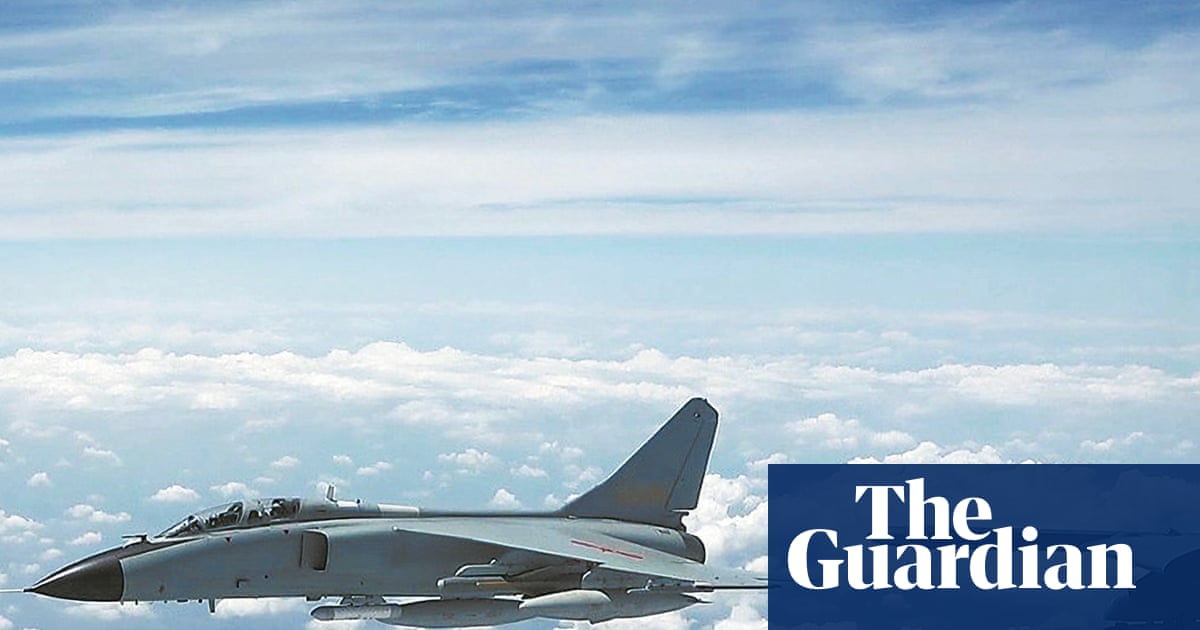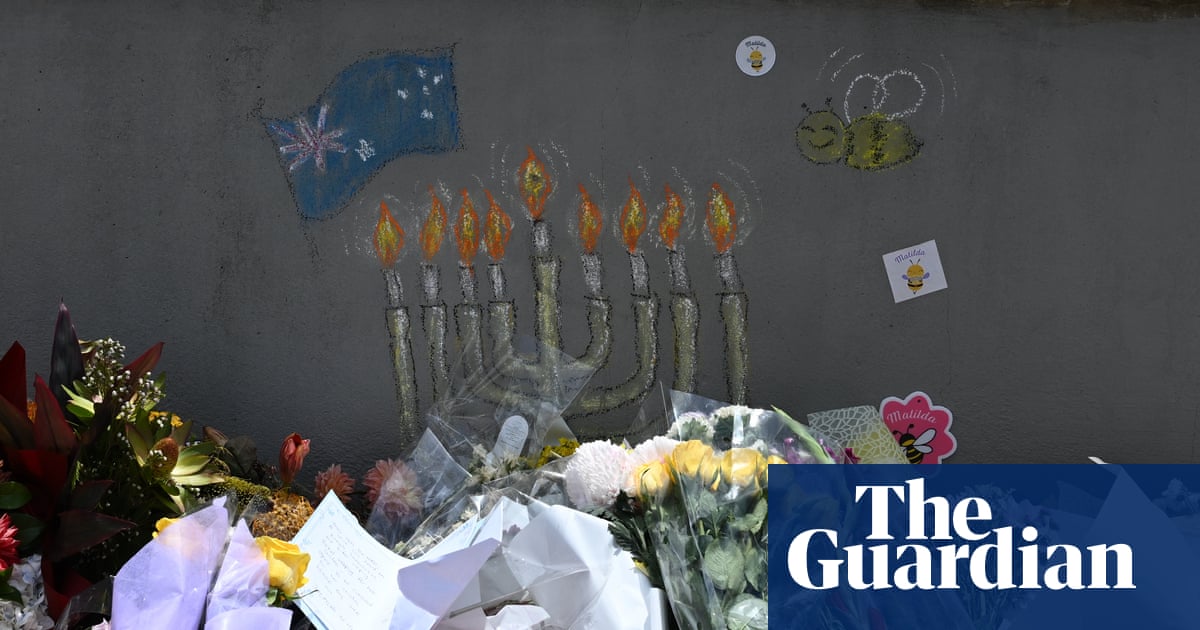After almost two years of war in Gaza, tens of thousands of deaths and now the reality of famine, Israel has found itself increasingly isolated on the world stage, with alliances that date back to the country’s founding at breaking point.
Through the growing outrage however, a collection of island nations in the Pacific have stood steadfastly with Israel – with perhaps only the United States a more reliable international ally.
Though small in population and geopolitical clout, the support of countries like Fiji and Papua New Guinea has proven to be vital in Israel’s fight to contain criticism of its actions at institutions like the United Nations and the international court of justice. But as the war drags on, that support has sparked outrage in parts of the young and politically active population of the Pacific, and pockets of resistance are beginning to build.
Among the most visible signs of support for Israel from Pacific nations is their consistent backing at the UN.
A resolution in June that called for an immediate ceasefire to the war was overwhelmingly approved, with 149 countries voting in favour of it. Of the 12 that voted against, seven – Fiji, Micronesia, Nauru, Palau, Papua New Guinea, Tonga and Tuvalu – were Pacific nations.
According to pro-Israel website UN Watch, Micronesia is a more consistent supporter than even the US, having not cast a single vote against Israel in the past 10 years.
In a further sign of support, Papua New Guinea is one of just six countries that has opened an embassy in Jerusalem, recognising it as Israel’s capital. Fiji has also committed to opening an embassy in Jerusalem, with prime minister Sitiveni Rabuka set to travel to Israel later this month for the official opening, alongside Benjamin Netanyahu.
“Most Israelis probably haven’t even heard of these countries,” a recent Jerusalem Post editorial states, but “they have the best record of voting in staunch favor of Israel at the United Nations.”
Their influence at international forums where issues vital to Israel are debated are crucial. That’s because despite some Pacific countries numbering less than 20,000 people, at the UN their votes carry the same weight as superpowers like the US and China.
‘Politically convenient’
Experts say that the Pacific’s enduring support for Israel – even as other western allies have grown frustrated and appalled by its actions – can largely be explained by religion.
The Jewish population of the Pacific is tiny, while Christians number more than 90% in many countries, says Prof Steven Ratuva from the University of Canterbury. But like evangelical Americans, many Pacific Christians see an Israel inhabited by Jewish people as vital to their beliefs. Their governments tend to support this view by aligning with Israel.
Israel has sought to leverage this religious connection with some aid and development assistance, says Ratuva.
“It’s only interested in getting support from states over what it’s doing right now in Gaza … so it’s looking for friends and the friends happen to be in the Pacific.”
Semi Turaga is a member of the Fijians for Palestine solidarity network, one of the few groups challenging their governments commitment to Israel. He says it is “politically convenient for the governments because supporting Israel is a majority view”.
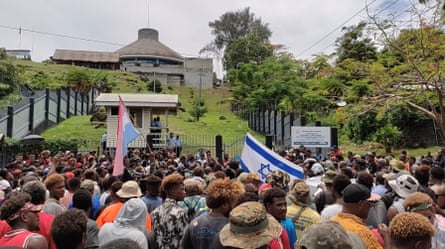
His colleague, Roshika Deo, agrees. “Because we’re a majority Christian country with a government made up of people with conservative Christian views, that’s reflected in our politics and foreign policy.”
They say this is evidenced by the number of Israeli flags that are displayed in Fiji; at churches, protests, outside schools and even at rugby games.
Unbreakable support?
In an attempt to sustain the relationship, Israeli politicians and officials have conducted multiple visits to the Pacific, including a 2020 tour by then president Reuven Rivlin.
Days after the Australian government cancelled the visa of a far-right Israeli politician ahead of a planned speaking tour this month – sparking a war of words between the two countries – Israel announced an official visit to the Pacific for October. Hailing a “profound appreciation for the Pacific Island states”, Israel’s foreign ministry laid bare the deep and enduring partnership between countries that sit half a world away from each other.
This support has not gone unnoticed in Pacific states though, and protest groups have mobilised to express anger at their governments’ seemingly limitless patience when it comes to Israel’s actions in Gaza. But for now, they remain in the minority.
In January a young, politically active group in Samoa donned Palestinian keffiyehs to march through the country’s capital demanding a ceasefire. However their rally was vastly outnumbered by a counter protest, organised by local evangelical churches which saw hundreds turn up waving Israeli flags.
In Fiji, demonstrators have at times been denied permission from the government to march in support of Palestine. But Turaga says his group has found other ways to make their voices heard. Last week they organised public readings of testimony from local people in Gaza.
“There were a lot of people there,” says Turaga, but many remained afraid of speaking out. “Some were asking not to have photos taken and put online. They fear losing their jobs.”
Despite this, more people are starting to support their cause, says Deo.
“We’ve mostly had negative reactions, but our most recent protest had a lot of positives,” she says. “An older man shouted from a bus ‘Free Palestine’, and we’ve never had that in such a public way. I think there’s some change happening.”

 3 months ago
54
3 months ago
54


